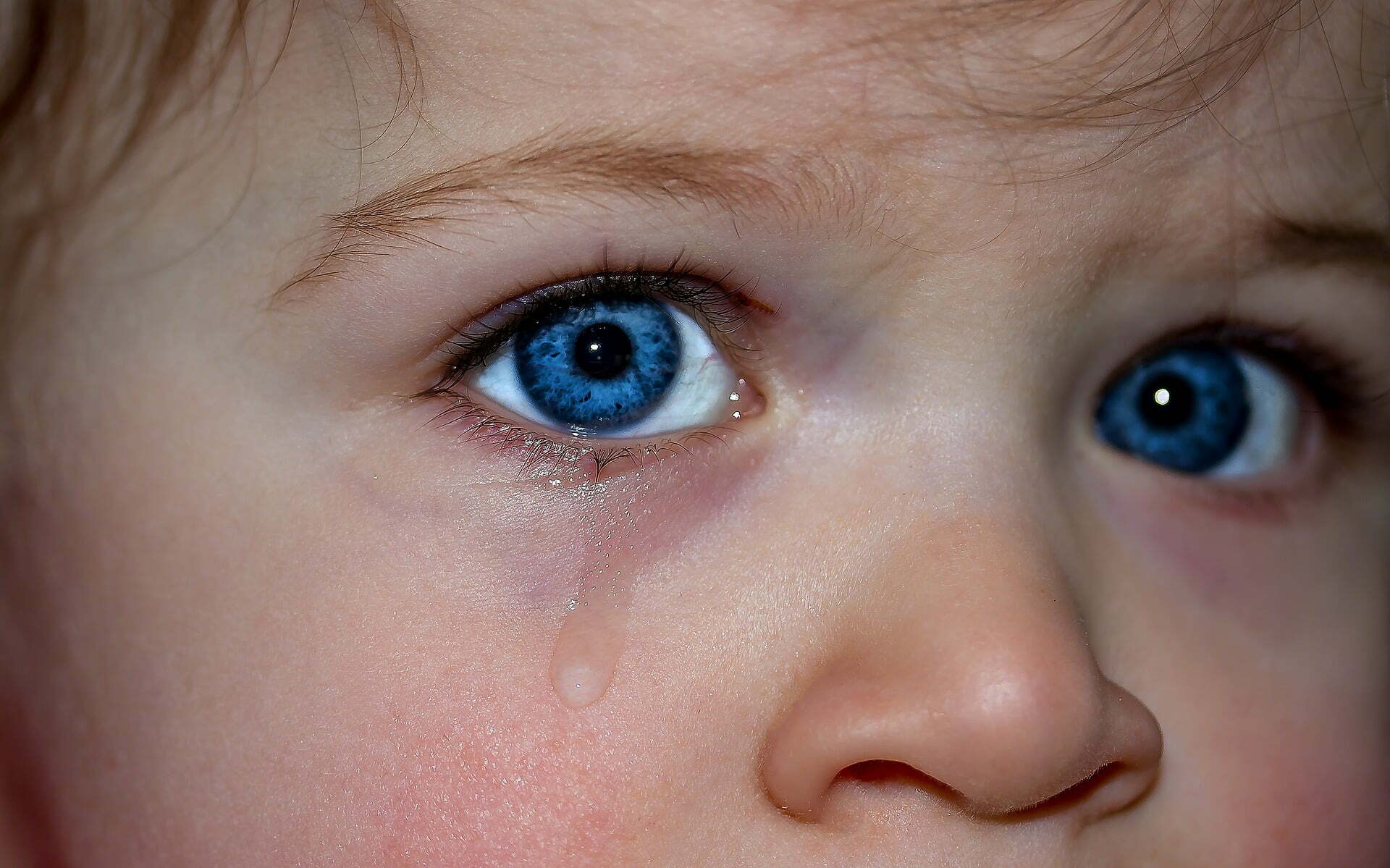All development occurs over the long term. It is important for educators to learn to spot good stories when they occur.

At the last school I worked, we had a longstanding tradition. We would start every meeting by sharing good stories.
This could be anything. Stories about something positive a student did. The progress that we made on a project. A reward we received for our efforts from the community. Or a nice, inclusive event that everybody benefitted from.
I will admit, that I was not always willing to honor this tradition. My inner german would always compel me to rush to the actual agenda to “get things done”. Therefore, I often got mocked by my colleagues and bosses about it.
Upon further reflection, I realize how important this tradition was.
Some people would say that it is an expression of toxic positivity. You know, masking the real problems. I was often among that group of “some people”.
Working with special needs children provided more than enough problems to tackle.
After all, there was never a shortage of issues to debate at meetings.
But sharing good news has little to do with toxic positivity. Instead, it is a tool to address some implicit biases.
We all have Biases.
I recently read Daniel Kahneman’s world-famous book “Thinking Fast and Slow”. In it, the author demonstrates implicit biases. These affect our assessment of a given situation.
One of those is the negativity bias. We give far more weight to negative details and experiences than positive ones.
Another relevant bias is the confirmation bias. We are more likely to select and see information that confirms our preexisting views. Often, these preexisting views are negative. So we are more likely to reconfirm negative expectations.
This is very relevant for educators. It means that we are more likely to notice when a student is regressing. Or exhibiting bad behavior.
Seeking out good stories activates slow thinking processes
Here is where the good stories come in. We need to deliberately stop and seek out positive stories and developments. It forces us to activate our conscious, slow-thinking system. We get a more realistic view of the situation.
If we only see the negative, we miss the important details. Those that show the potential for positive development.
Most development occurs over the long term. That is also true when it comes to personal development and learning. The smaller steps to progress might not at all be noticeable.
Sometimes, development even appears to plateau or even regress. That makes it all the more important to see if there is some positive momentum, after all. However small it may be.
Sometimes radical transformations happen in short time spans. Both positive and negative.
What is worse, we risk falling into the trap of reinforcing negative behavior. The most challenged students risk only receiving negative feedback from us educators.
This can undermine their self-worth. And their motivation to keep learning.
I have had enough students with extremely low self-worth and crippling depression to know the importance of a success story.
In conclusion, finding good stories is something I intend to take with me from my old job.
Seek Out the Good stories
The state of our education system is dire. Our current generation is facing an extremely uncertain future.
Therefore, it is vital that they get the necessary skills to overcome adversity. This includes self-confidence and strong self-worth.
As educators can help this process along. Especially if we learn to get good at spotting the small success stories.
And we need to be aware of our own biases in the process.
Disclaimer: I placed an affiliate link to the book “Thinking Fast and Slow”, by Daniel Kahneman.




